Our co-founder, Laila Ghaffar, analyses the political and cultural significance of the Pakistani film, Joyland.
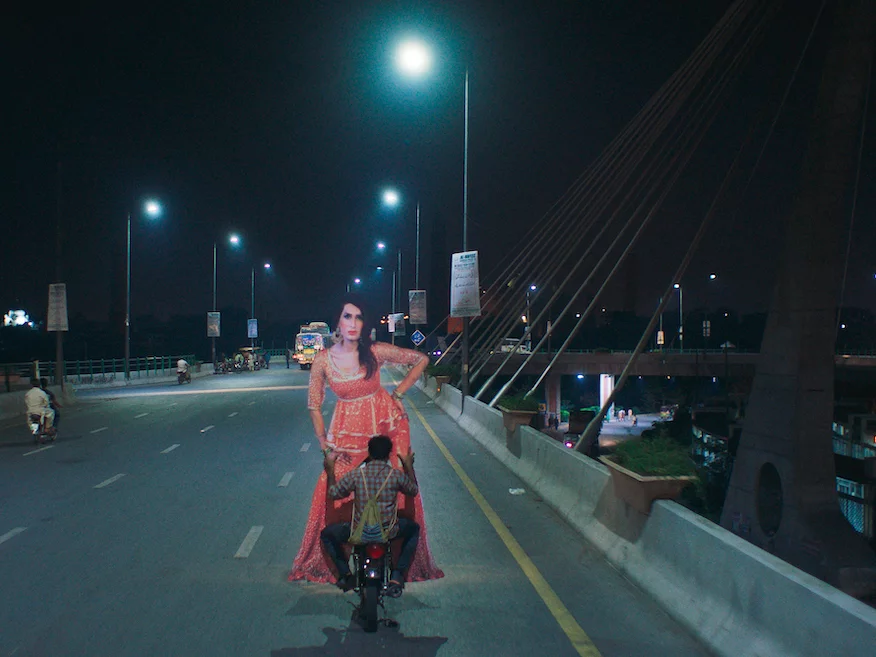
On Joyland: why does Pakistan have a problem with trans love stories?
There are not a lot of good things about being Pakistani. I’m sorry, but it’s true. I know this is probably going to rattle a few readers. Patriotic Pakistanis are going to cry ”How dare you! You’re not even fully Pakistani, you were born and raised in Britain!”. Embarrassed non-Pakistanis are going to offer their condolences: “I’m sure there are lots of wonderful things about Pakistan. I really love a good daal!”. But this year alone has seen Pakistan face devastating floods, the removal of the Prime Minister after a no confidence vote and Lahore once again breaking records for the most polluted city in the world. To put it simply, it’s not been a great year for the country. But there has been one big silver lining: Pakistan has had an incredible year in the arts. In April, Arooj Aftab became the first ever Pakistani to win a Grammy for a song on her meditative, transcendental album Vulture Prince. Ali Sethi and Shae Gill’s track Pasoori is the most googled song of the year. And then there is Joyland. Saim Sadiq’s directorial debut Joyland secured the Grand Jury prize and the Queer Palm prize at the Cannes Film Festival, and is Pakistan’s official selection for the Academy Awards. The film interrogates the role of gender, desire and family in daily life. Pakistani films have failed to garner the same acclaim as cinema from neighbouring India or Iran, so Sadiq’s achievement could be signalling a new era of Pakistani filmmaking. But far from celebrating the win, Pakistan has taken extreme measures to ban its national circulation, because Joyland revolves around the relationship between a cis-gendered man and a transgender woman.
In full disclosure, I haven’t yet seen the film, and this article is not intended to be a review. The film will be screened in the UK early 2023, so all my knowledge is coming from friends and reviews. From what I gather, the plot goes as follows: Haider is a young man who lives with his wife and family in Lahore. He and his wife enjoy a pleasant, but passionless marriage. There is mounting pressure on Haider and his wife to produce a grandchild, preferably a son. But Haider’s life unravels when he takes a job as a back-up dancer at the drag show of Biba, a trans woman dancer and performer. Unbeknownst to his family who think Haider is merely a stage director for the show, he starts a romantic relationship with Biba, and discovers desires hidden deep inside.
On the 17th November, just one day before the film’s scheduled release, the censorship committee of Punjab banned the film’s public distribution. This is a major blow for the film’s distribution. Punjab is Pakistan’s biggest province and over 70% of Pakistan’s cinemas are located here. It is also where Joyland is set. According to them, the film is “damaging to the nation’s moral fabric”. Let’s unpack what this profoundly vague and euphemistic statement means.
So we can assume that there is a thing called “the nation”, which is held together by some kind of moral code or “fabric”. We can also assume that it is a deeply insecure entity, especially if a movie presents such troubling disruption. But what exact kind of disruption does Joyland present? Many theorists have posited that the hetero-normative family is a microcosm of the nation and its safe preservation guarantees the reproduction of model citizens. This entanglement of citizenship and family constructs the nation as a parental figure – for example think of ‘motherland’ or ‘fatherland’ discourses. We pledge allegiance to our nations with the same loyalty that we approach our families, if not more. But in Joyland, the central protagonist Haider, actively rejects the hetero-normative familial structure and seeks an alternate way of living when he falls in love with Biba. His refusal to participate in the patriarchal, dominant conventions of the nation points to the possible creation of a new subjectivity, which is unintelligible to the normative. When Haider transgresses the boundary between enforced reality and hopeful potentialities, he proves the boundary is fabricated. And for a nation that is hell-bent on defining the specific roles and enforcing the boundaries, this transgression poses a true threat.
But it’s not just about the family structure. Historically, trans and gender non-conforming people have signalled an alternative to the rigid and tedious binaries enforced upon us. As trans writer Shon Faye puts it “ [people] see in our lives the possibility of living more fully and freely. That is why some people hate us: they are frightened by the gleaming opulence of our freedom”. In Pakistan, trans people, particularly trans women are both highly visible and deeply marginalised. They are often forced to beg on the streets, and in big cities it’s not uncommon to find specific neighbourhoods with their own large communities of homeless trans women. This is the kind of trans existence that the nation can abide: when trans people are strictly confined to the bottom of the social ladder. Trans people pose no real threat from this position, and they will forever be the outsiders banished from safe family groupings. But Saim Sadiq doesn’t cast his story in the same way. The character of Biba does not fall into the classic trans tropes. While she is a drag queen and a performer, she is also an active participant in a mutually loving and desiring relationship. She opens up new desires within Haider, but his adoration also presents her with a novel safety. In her relationship, Biba is not an object to be pitied or fetishized, instead she is an autonomous and empowered individual. Their relationship both disrupts the family structure, but it also defies the nation’s strict regulation of who can be seen doing what. Trans people cannot be equal participants in this patriarchal construction of the nation. But Joyland challenges that, and that’s why it poses a further national threat.
It seems like a pretty dismal situation, right? That a beautiful film with a hopeful premise is banned by the very nation that needs it the most. I do not know if I can offer any true resolutions to this article. I want to scream ‘abolish the nation-state’, but that would be embarrassing. But if people like Saim Sadiq can continue to make their art, maybe we can start to reconcile with what was, what is, and what can be. Maybe it is these artistic pursuits that can chip away at our ideas of the nation, and usher in a future that is profoundly richer and kinder.


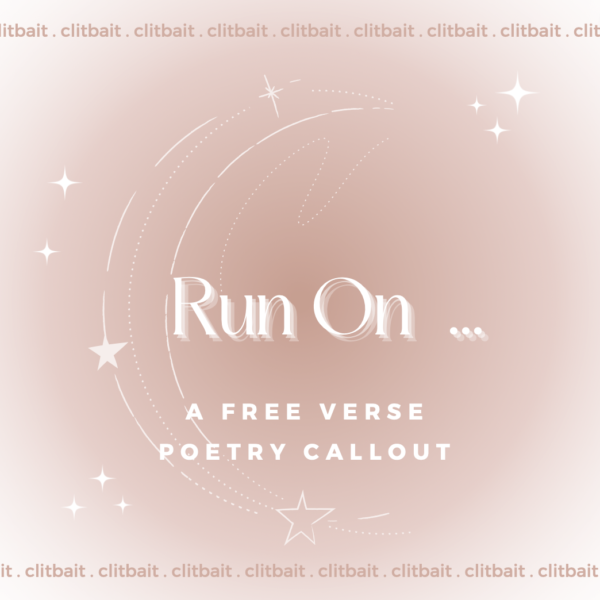
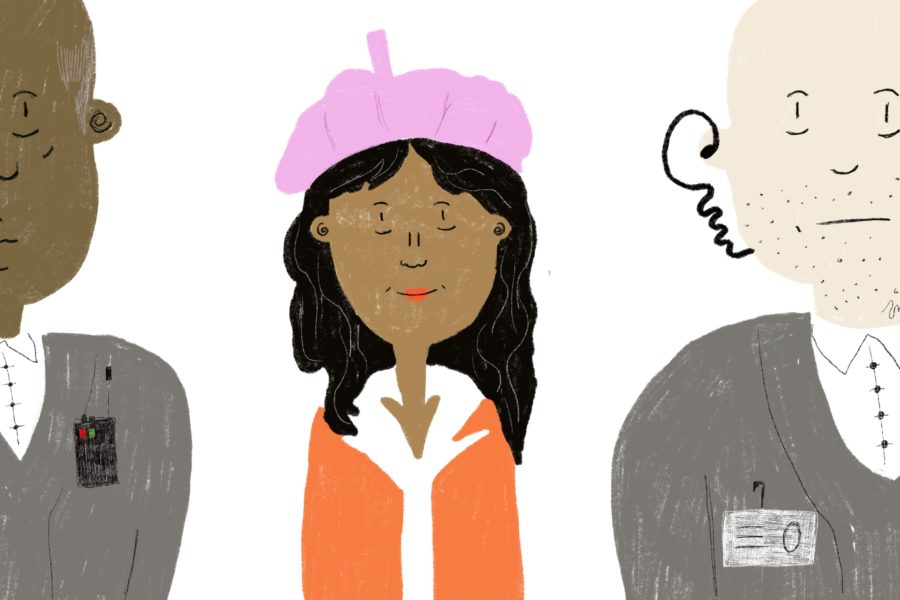
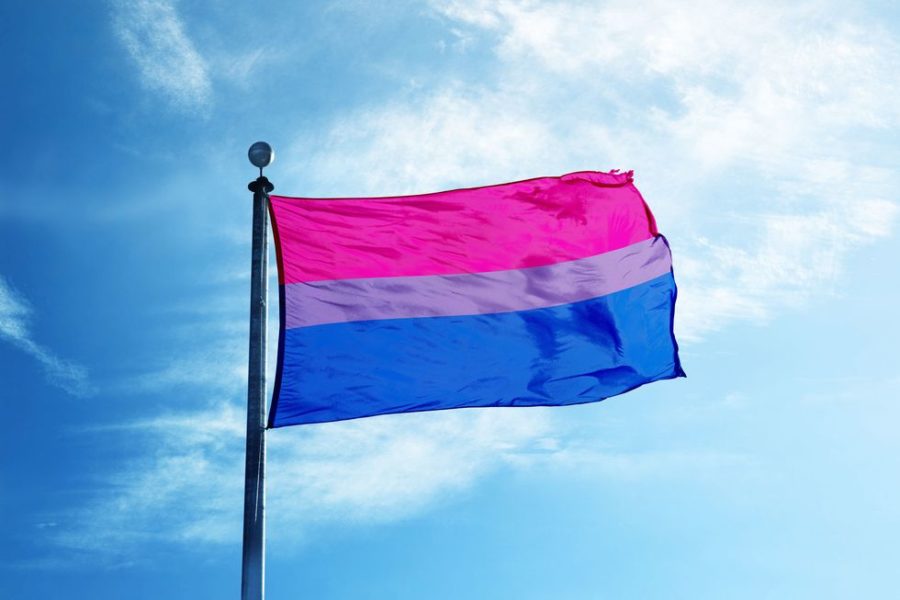
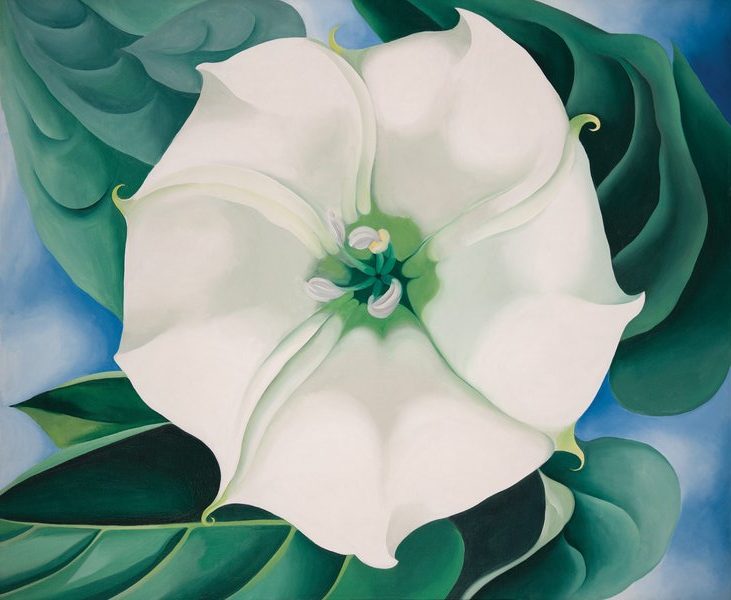
Leave a Comment